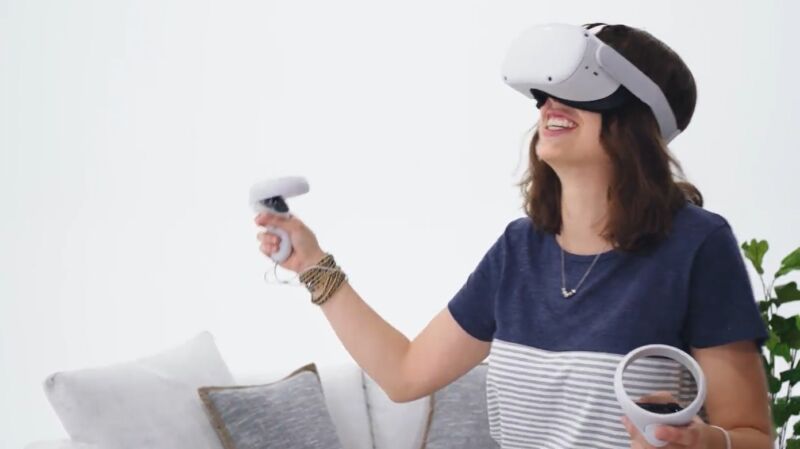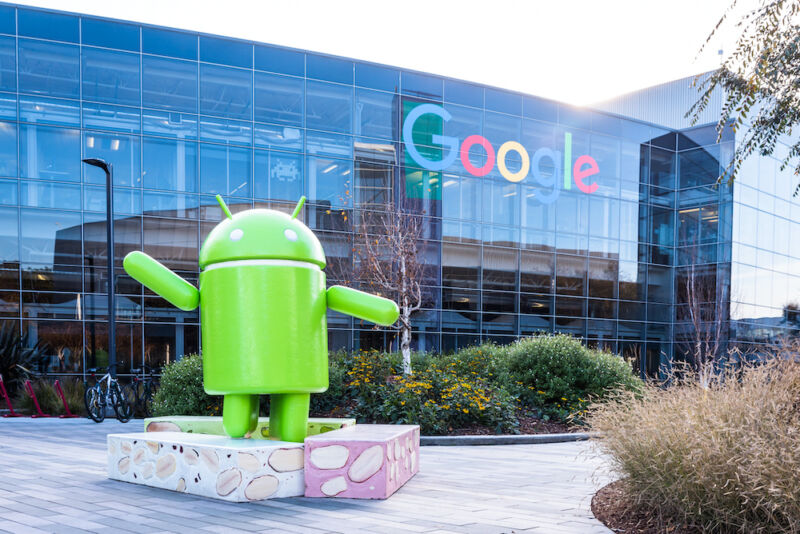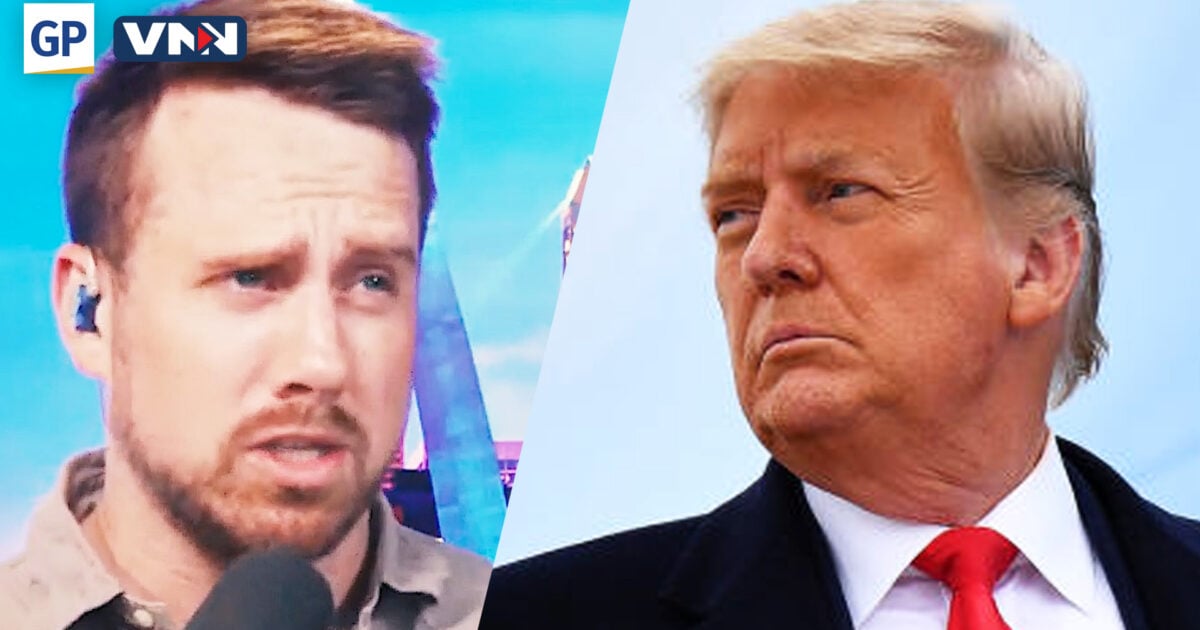Did you hear the one about how Nintendo blocked the Dolphin Emulator from making its way to Steam, purportedly with a DMCA takedown? That’s not the whole story.
According to copies of communication that the Dolphin Team provided to The Verge, Valve helped Nintendo kick Dolphin out — first by bringing the Wii and GameCube emulator to Nintendo’s attention in the first place, and second by unilaterally deciding to pull the plug without giving Dolphin an out.
“We operate Steam as an open platform, but that relies on creators shipping only things they have the legal right to distribute”
Valve doesn’t dispute this. “Given Nintendo’s history of taking action against some emulators, we brought this to their attention proactively after the Dolphin team announced it was coming soon to Steam,” Valve spokesperson Kaci Aitchison Boyle tells The Verge.
That feels weird to me — but the emails also show Valve may have had very good reason to nip Dolphin in the bud.
Here’s the entire email that Valve received from Nintendo’s lawyers on May 26th, so you can follow along:
:format(webp)/cdn.vox-cdn.com/uploads/chorus_asset/file/24697799/nintendo_valve_email_1_redacted.jpg)
Email via Dolphin Team
:format(webp)/cdn.vox-cdn.com/uploads/chorus_asset/file/24697798/nintendo_valve_email_2_redacted.jpg)
Email via Dolphin Team
First, bottom of the first paragraph: “Thank you for bringing the announced offering of the Dolphin emulator on Valve’s Steam store to Nintendo’s attention,” Nintendo’s lawyer says. In a series of Mastodon posts on May 27th, former Dolphin Foundation treasurer Pierre Bourdon suggested that Valve poked the bear, and this — plus Valve’s comment to The Verge — confirms it.
But second, the email confirms this is nothing like a typical “DMCA takedown request” — and that may be why Valve didn’t give Dolphin a chance to combat it.
Nintendo’s lawyer writes (bolding mine):
Wii and Nintendo GameCube game files, or ROMs, are encrypted using proprietary cryptographic keys. The Dolphin emulator operates by incorporating these cryptographic keys without Nintendo’s authorization and decrypting the ROMs at or immediately before runtime. Thus, use of the Dolphin emulator unlawfully “circumvent[s] a technological measure that effectively controls access to a work protected under” the Copyright Act. 17 U.S.C. § 1201(a)(1).
Distribution of the emulator, whether by the Dolphin developers or other third-party platforms, constitutes unlawful “traffic[king] in a[] technology . . . that . . . is primarily designed or produced for the purpose of circumventing a technological measure . . . .” 17 U.S.C. § 1201(a)(2)(A).
Why am I bolding 1201? I’m not a lawyer, but I spoke to three of them while researching a similar story last year, and they drove home for me that DMCA Section 512 — the one that lets platforms avoid liability for what their users post by swiftly taking things down — is totally different than DMCA Section 1201.
1201(a)(2) says that companies cannot host copyright circumvention technology:
No person shall manufacture, import, offer to the public, provide, or otherwise traffic in any technology, product, service, device, component, or part thereof, that—
(A) is primarily designed or produced for the purpose of circumventing a technological measure that effectively controls access to a work protected under this title;
(B) has only limited commercially significant purpose or use other than to circumvent a technological measure that effectively controls access to a work protected under this title; or
(C) is marketed by that person or another acting in concert with that person with that person’s knowledge for use in circumventing a technological measure that effectively controls access to a work protected under this title.
So it doesn’t matter whether Nintendo properly formatted a DMCA takedown notice, or whether Valve gave Dolphin a chance to speak for itself (narrator: it did not). Nintendo is threatening Valve with a lawsuit, not Dolphin, and Valve can’t sidestep simply by saying “Dolphin filed a counter-notice, go sue them first.” That’s how Section 512 is supposed to work, but not Section 1201.
(Even if it were Section 512, Dolphin doesn’t necessarily have the “right” to a counter-notice — Steam is Valve’s store and it can take down whatever it likes.)
:format(webp)/cdn.vox-cdn.com/uploads/chorus_asset/file/24697797/nintendo_valve_email_3_redacted.jpg)
Email via Dolphin Team
Now, would Nintendo actually prevail if it sued Valve for distributing a Nintendo Wii and GameCube emulator? That’s impossible to say, but the Dolphin Team confirmed to The Verge that the emulator does ship with a common cryptographic key. Ars Technica’s Kyle Orland spoke to several lawyers who thinks Nintendo might have a decent case because of that, and because it might mean relying on very different precedent than past emulator legal battles.
Nintendo seems to be attempting to brand Dolphin an “illegal emulator,” by the way. Nintendo spokesperson Eddie Garcia provided this statement to The Verge:
Nintendo is committed to protecting the hard work and creativity of video game engineers and developers. This emulator illegally circumvents Nintendo’s protection measures and runs illegal copies of games. Using illegal emulators or illegal copies of games harms development and ultimately stifles innovation. Nintendo respects the intellectual property rights of other companies, and in turn expects others to do the same.
“Valve may simply not be interested in picking that fight with Nintendo on behalf of the Dolphin team,” video game industry attorney Mark Methenitis told Ars. Perhaps Valve was also making up for that time it accidentally plugged a Switch emulator in a Steam Deck ad.
We don’t have to speculate too much about what Valve thinks, though, because Valve provided this full statement to The Verge:
We operate Steam as an open platform, but that relies on creators shipping only things they have the legal right to distribute. Sometimes third parties raise legal objections to things on Steam, but Valve isn’t well positioned to judge those disputes – the parties have to go to court, or negotiate between themselves. An accusation of copyright infringement, for example, can be handled under the DMCA process, but other disputes (like trademark infringement or a breach of contract claim between a developer and a publisher) don’t have a statutory dispute resolution process, so in these cases we generally will cease distributing the material until the parties tell Valve that they have resolved their dispute.
We don’t want to ship an application we know could be taken down, because that can be disruptive to Steam users. Given Nintendo’s history of taking action against some emulators, we brought this to their attention proactively after the Dolphin team announced it was coming soon to Steam.
Based on the letter we received, Nintendo and the Dolphin team have a clear legal dispute between them, and Valve can’t sit in judgment.
On May 26th, Valve told the Dolphin Team that it had removed its emulator from Steam “unless or until both parties notify us that the dispute is resolved.” Since there’s little chance Nintendo will ever proactively support emulation, and Valve has decided not to defend Dolphin, that’s likely as far as this story will go.


/cdn.vox-cdn.com/uploads/chorus_asset/file/24697500/dolphin_logo_black.jpg)







